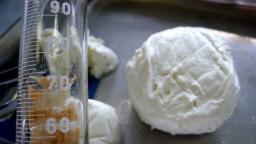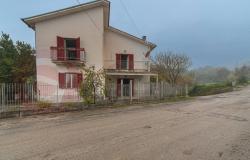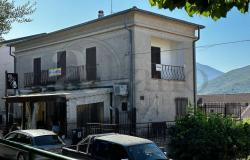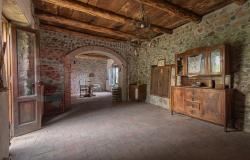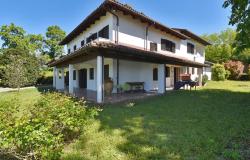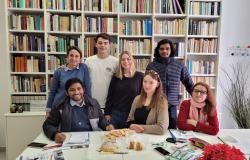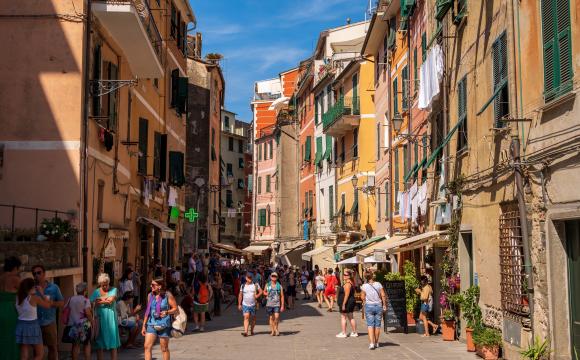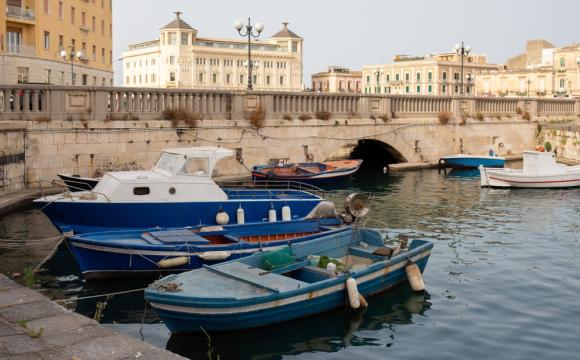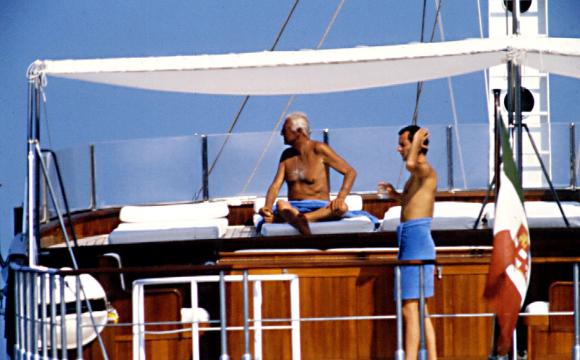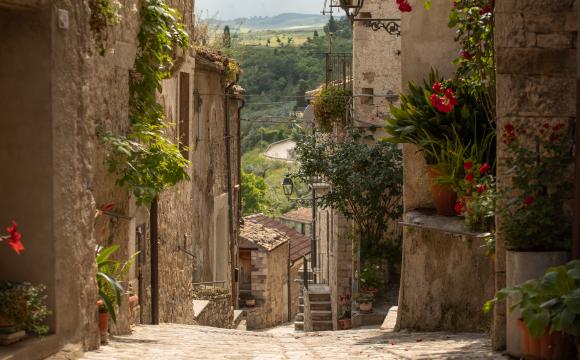Italy has provided the European Union with a full report on dioxin and PCB contamination of mozzarella cheese well ahead of a 17:00 GMT deadline set by the European Commission, government sources said.
The EC set the deadline Thursday morning after receiving what it defined as an ''incomplete'' report the previous day.
A spokesman for EU health Commissioner Androula Vassiliou said a new report needed to include detailed information ''in regard to those plants where production has been stopped. We also want to know where shipments of possibly contaminated mozzarella have been sent and whether they have been impounded'' If Italy did not provide the information requested, the EC would ''examine the situation and decide what measures can be taken on a European level,'' Nina Papadoulaki warned She added that the EC had asked Italy to inspect those plants where carcinogenic dioxins and PCB were found in accordance with procedures established by EU law.
''We have asked Italy to provide guarantees and evidence that all products derived from mozzarella (buffalo) milk adhere to European norms in regard to levels of dioxins and PCB''(polychlorinated biphenyl), she added.
PCB is an organic compound which can cause skin irritation and even cancer, as well as liver damage.
Italy almost immediately sent the requested information to Brussels and the EC later issued a statement confirming that ''while high, the levels of dioxin and PCB contamination were not excessive''.
The EC also said that there was no evidence that Italy had exported any contaminated mozzarella ''to Asia or any member state''.
Earlier this week South Korea had placed a temporary freeze on mozzarella imports while Japan seized some four tonnes for pre-cautionary testing.
Italian Agriculture Minister Paolo De Castro said in Rome on Thursday that no contamination threat existed in the Campania region and that only 89 out of 1,900 buffalo herds had shown levels of dioxin and PCB above EU limits and that they had been quarantined.
De Castro also pointed out that the Campania region did not export any mozzarella to South Korea ''so we must assume that Seoul has banned imports of one of the many mozzarella imitations''.
Meanwhile, Health Undersecretary Gian Paolo Patta said ''the situation is totally under control. There is no need for sensationalism or unnecessary alarmism. We must avoid any panic similar to the one over the bird flu which led to an 80% drop in poultry sales despite the fact that Italian farms were free from infection''. In related developments, an expert at the National Research Council's (CNR) Institute for Food Sciences said that it was impossible for any food to be dioxin-free.
Antonio Malorni said he had personally inspected mozzarella produced in the Campania region between 2003 and 2005 and no more than 13% had dioxin levels above established limits and, in any case, they were only marginally above the established threshold.
''Dioxin-free foods have probably never existed. Thus it is important to avoid any form of undue alarmism or scientific terrorism,'' the expert said.
According to Civil Protection chief Guido Bertolaso, ''international speculation'' is behind the mozzarella contamination scare.
''Many countries are envious of Italy and exploit any and every occasion to downgrade us. Local situations are blown out of proportion in order to attack the country as a whole and this is something we certainly do not deserve''. Italian Health Minister Livia Turco said on Thursday that Italians ''can rest assured that it is safe to eat mozzarella. But I also want to remind producers that they must assume their responsibilites and respect all regulations because this is the only way to protect their product''.
